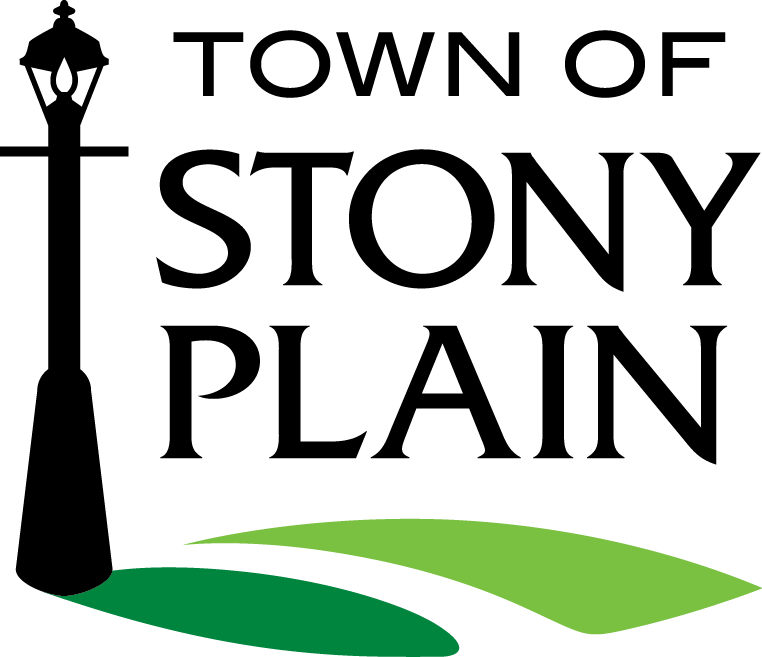Poverty Reduction Strategy
Check out the 2024 Impact Report and the Plan at a Glance
Poverty exists in Stony Plain. In fact, 1 in 7 of us struggle to maintain a basic living.1 When one of us struggles, we all struggle.
Our community’s progress on addressing poverty will be continually tracked, improved upon and further developed in order to meet our goal of a community where every individual and family has the right to a safe place to sleep and live, and a life free from the constraints of poverty.
Tri-Region Housing and Needs Estimate
The issue of homelessness within rural and remote areas is far less understood or acknowledged because of its hidden nature. Individuals experiencing homelessness in rural and remote communities are more likely to couch surf, pay housing costs that are more than 30% of their income, live in overcrowded housing, or own/rent housing that may need major repairs - often leveraging the relationships around them for support.
The Tri-Regional Housing and Service Needs Estimate is a partnership between the Town of Stony Plain and the City of Spruce Grove which aims to complete this survey every 2 years. The Estimate provides an opportunity to better understand the needs of existing residents, as well as complement and improve official data for the Tri-Region.
This project is made possible through the support of many local community organizations who helped to implement the local count.
2025 Reports (Coming Soon!)
2022 Reports
Tri-Region Housing and Needs Estimate 2022 Survey Results
Tri-Region Housing and Needs Estimate 2022 Survey Results Stony Plain Specific INFOGRAPHIC
2020 Reports
Tri-Region Housing and Needs Estimate 2020 Survey Results
2018 Reports
Realizing an end to poverty and homelessness whereby Stony Plain and area residents are enriched through a strong, healthy, connected community.
Contact Us
Town Office: 780 963 2151
Public Works: 780 963 2469
Email Us
Monday-Friday
8:30 AM to 4:30 PM
Public Works After Hours Emergency Line
